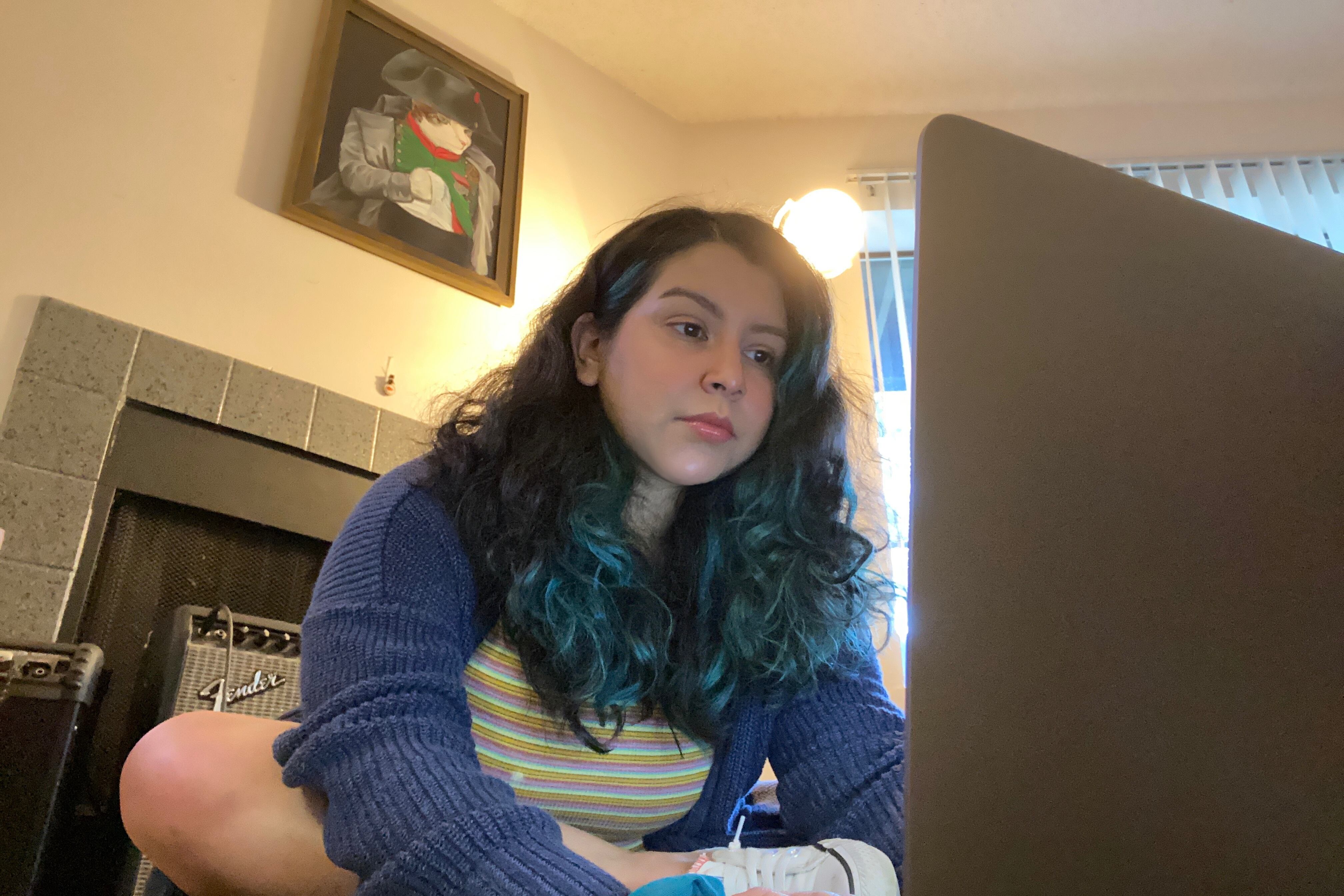My Christmas present from my parents my senior year of high school was getting to stay in our house. I knew we were poor — there was virtually no money saved for the elite college I had selected — but I didn’t know we were on-the-verge-of-losing-our-house poor.
This feels like a distant snapshot of life at this point, but it’s closely tied to where I find myself now.
As a student and later as an after-school technology teacher, I saw firsthand the inequities and challenges in education for people of color and low-income families. Now I’m here at Chalkbeat, a news nonprofit reporting on those inequities, during a pandemic that’s exacerbating them and a national reckoning with systemic racism. It’s an important time to be doing this work.
So how do I plan to use my skills to report on these inequalities?
Before joining Chalkbeat as its first-ever social media strategist, I was a digital producer covering national news. I wrote and produced breaking news stories for dozens of local TV stations, while using social media to keep our readers updated. It taught me to be quick and level-headed in high-stress situations. Most importantly, it taught me to be accurate and fair. (If you ever want to learn from mistakes, make them in front of millions of readers — I promise you’ll never do it again.)
These skills have served me well and I hope they’re benefitting you, too. Throughout the pandemic, I’ve prioritized steering our social media channels responsibly and with sensitivity. And while these last couple of months have been decidedly outside the norm, they’ve helped clarify some larger goals I have for Chalkbeat, our readers, and how we use our social media channels.
Here are four things I’m trying to achieve with Chalkbeat’s Facebook, Twitter, Instagram, LinkedIn and YouTube pages:
- Bring you breaking and big education news that is timely and accurate
- Make sure our social media channels mirror our breadth of work
- Create and share stories that are reflective of education in America today
- Foster a sense of community between Chalkbeat and our readers
What this means is that I am trying to have more conversations with you in more places — something that has been made both harder and easier because of the coronavirus.
It seems like there’s more opportunity now to foster engagement with people online, because more of us are at home. But considering the circumstances under which parents, teachers, students, and more have found themselves homebound, I know this isn’t actually true.
Time is stretched thinner for many, so I hope you know Chalkbeat truly values the interactions we’ve had with our readers online during the coronavirus outbreak. We know you’re talking to us between teaching, distance learning challenges, taking care of kids and siblings, and many other worries and responsibilities.
To that end, Chalkbeat’s engagement team wants to be able to meet you where you feel most comfortable talking to us — on social media, over email, Zoom, via text message — to discuss what education looks like for you and your community.
I’ve talked with some of you before — I interned for Chalkbeat’s Colorado bureau as a fresh-faced college graduate five years ago. I wrote about some topics you and I both care about: student learning, college readiness, and English-language learners.
I’ve been thinking about why these topics matter to me and the only genuine answer I can give is that it’s because of my own education story.
I’m a Latina from an impoverished area along the U.S.-Mexico border, where breakfast tacos and tamales are abundant and everyone treats you like an old friend. I’m the daughter of a migrant farm worker who had Molotov cocktails thrown into her labor camp when she was a child and a man so poor he didn’t have his first bed until he was married.
The 2008 recession accelerated my family’s downward financial spiral, much like how COVID-19 is doing to families now. We almost lost our house right before I left for college. I amassed a lot of debt to get a degree, but I also received the higher education my mom was never afforded.
This is my story. I see it reflected in our coverage — and not just when there’s a pandemic. But I know there’s many more stories that need to be told, some that look like mine and some that look completely different.
What’s your story? I’m listening.






